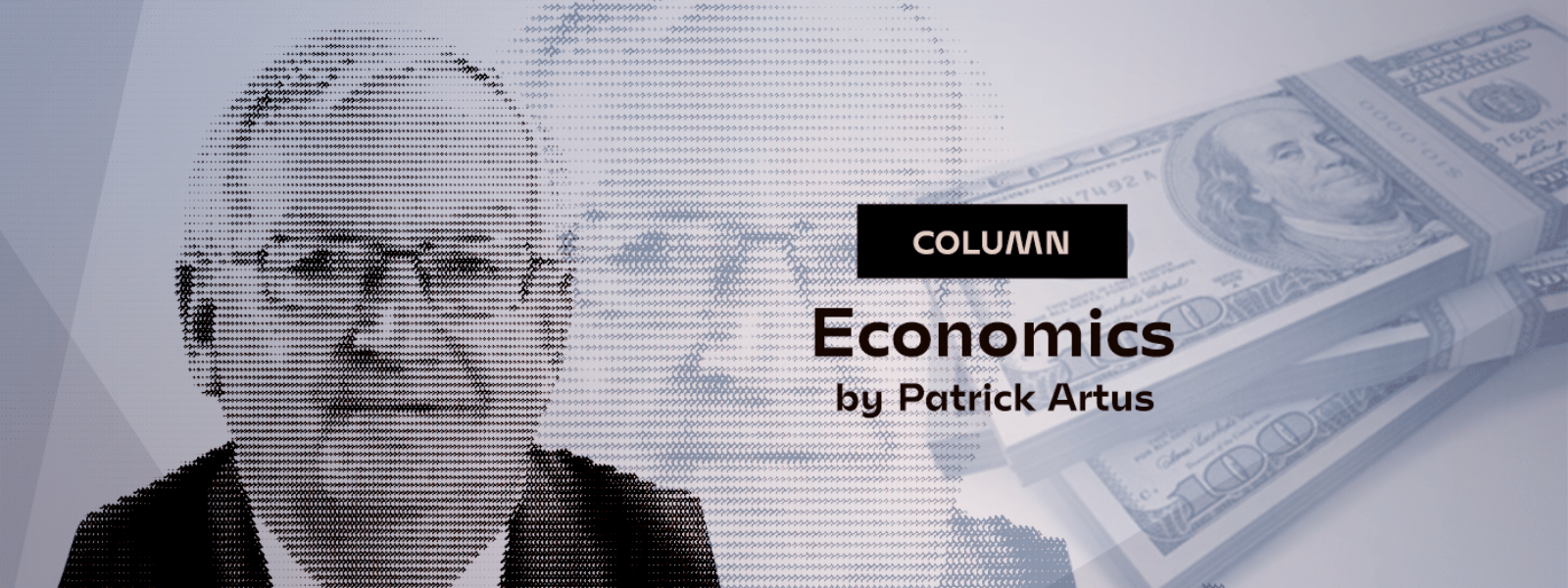Macroeconomics: 4 questions for an uncertain future
- Since the late 1990s, the bargaining power of employees in the labour market has continuously weakened due to the deregulation of labour markets and the decline in unionisation.
- In the future, if inflation rises and wages increase, this will inevitably lead to a significant increase in interest rates and thus a rise in debt that would be difficult to bear.
- At least 120,000 job losses are expected in the car manufacturing sector due to the energy transition if no action is taken.
- More than ever, macroeconomic analyses are dominated by the uncertainty linked to the energy transition, the workforce, the rise in investment and digitalisation, and the war in Ukraine.
For a prospective study of our economic future, it is worth looking at macroeconomics. This discipline highlights four major questions that will certainly have a profound impact on our immediate future. Between the bargaining power of employees vis-à-vis companies, the balance between savings and investment, the economic and social ‘damage’ of the energy transition and, finally, the link between digitisation of the economy and productivity gains, a warning about a potentially uncertain future is in order.
#1 Will employees take back power?
Since the late 1990s, employees’ bargaining power in the labour market has been steadily weakened by the deregulation of labour markets and the decline in unionisation. This has resulted in a distortion of income distribution to the detriment of employees (for the OECD countries as a whole, real wages have only increased by one third of productivity over the last 20 years). As a result, low wage growth and low inflation have allowed interest rates to fall.
If in the future inflation were to rise and wages increase, this would inevitably lead to a significant increase in interest rates and thus to an increase in debt which would be difficult to sustain. During the COVID crisis, company profit margins increased, which indicates that the employees’ bargaining power is still limited. Could this improve in the future? We must recognise that there is now significant pressure to raise wages, especially low wages, due to inflation, which could lead to an increase in employees’ bargaining power, for example if there is an organised increase in minimum wages.
#2 Can increased investment cause an overall shortfall in savings?
The second important issue is the evolution of the balance between savings and investment. For the past 20 years, there has been a global savings surplus, and therefore an over-demand for risk-free securities (treasury bills, bonds). This is caused by a high savings rate in Europe and a very high savings rate in China, as in many other Asian countries. This situation has contributed to the fall in both nominal and real long-term interest rates, though this fall is also due to sustained expansionary monetary policies. If in future this situation were to change there would be an increase in interest rates, with well-known negative effects on the solvency of borrowers.
If in the future the savings surplus were to disappear, there would be a rise in equilibrium interest rates, with proven negative effects on the solvency of borrowers. On the one hand, the energy transition will require a sharp increase in the global rate of investment (for the production of renewable energies, for the thermal renovation of buildings), which is estimated at 4 points of global GDP; on the other hand, demographic ageing should in principle reduce the savings rate (as retirees spend). We might therefore expect this situation to go away of its own accord. However, there is still some doubt in this regard, as this has not been the case in Japan, for example, where the ageing of the population has failed to eliminate excess savings.

#3 What “damage” could the energy transition cause?
The third issue concerns the effects of the energy transition and more particularly its costs. These are well known: the destruction of productive capital in affected industries (fossil fuels, thermal cars), the rise in energy prices (with costs arising from the intermittency of renewable energy production), the destruction of jobs, and the transformation of necessary skills. If strong corrective policies are not put in place (retraining of employees, assistance for affected industrialists, redistributive policies in favour of low-income households that will suffer as a result of the rise in energy prices), the loss of growth and the rise in unemployment could be significant.
The question of the scale of the cost of the transition is therefore central to both the economy and the social situation. Take the example of the automotive industry (construction, trade, repair): at least 120,000 jobs are expected to be lost because of the energy transition. If no strong action to retrain workers is put in place, the social problem will be major, especially in regions where the automotive industry is primarily based.
#4 Will digitalisation generate productivity gains?
The final question is the link between digitalisation and productivity gains (and therefore potential growth). The Covid crisis has triggered an acceleration of the digitalisation of the economy, with online trading, remote working and the automation of certain sectors. Faster productivity gains can be expected as a result of this digitalisation of the economy, but it should be recognised that this is not guaranteed. With the proliferation of online distribution jobs and internet platforms, which have a low level of productivity gains, overall productivity can only be dragged down. More than ever, macroeconomic analyses are dominated by the uncertainty linked to these four factors, to which the war in Ukraine can now be added.














